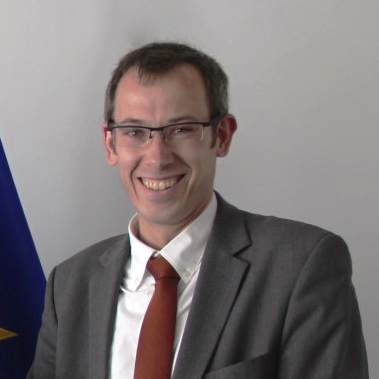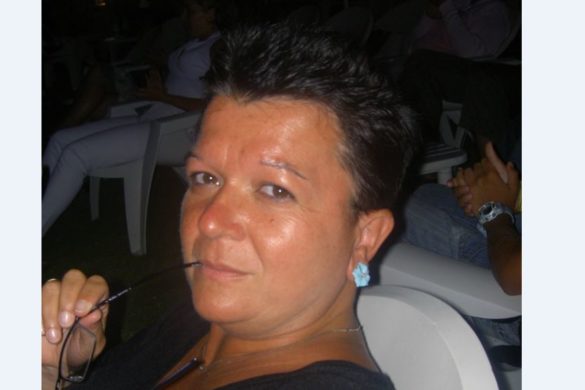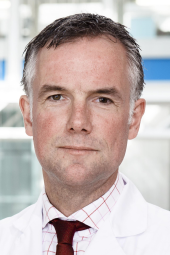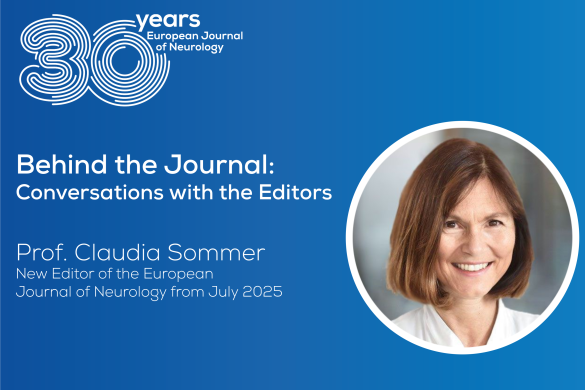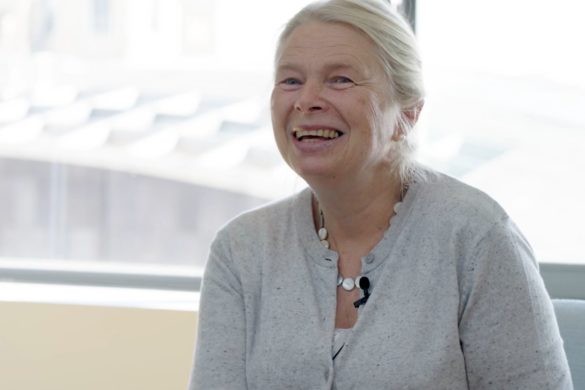As in the previous year, Neuropenews asked EAN committee members, panel chairs, speakers etc. which session one should not miss at the upcoming congress in Copenhagen 2016. Please find their answers below!
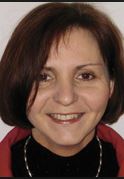 Michaela Auer-Grumbach, Speaker at FW 2 (Genetic approaches in neuropathies):
Michaela Auer-Grumbach, Speaker at FW 2 (Genetic approaches in neuropathies):
“Case based facilitated Workshop 3: MDS-ES-EAN: What to do with ataxia?” on Sunday May 29 at 16:45
It is already the title which gains attention. Ataxia is a rather frequent complaint of patients in the neurological praxis. To achieve an accurate diagnosis in a patient with ataxia is often challenging. The program of the workshop covers all relevant areas that have to be taken in account in acquired and inherited ataxias.
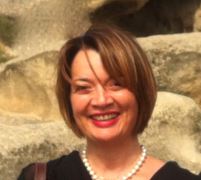 Valeria Caso, President of ESO, Speaker at TC 18 (Life after Stroke):
Valeria Caso, President of ESO, Speaker at TC 18 (Life after Stroke):
“Symposium 6: ESO/EAN: Acute stroke: new opportunities and challenges for neurologists” on Monday May 30 at 14.45
I would not miss the ESO/EAN Symposium on Stroke Treatment, given that acute stroke is an emergency that general neurologists have to regularly face.
Regarding treatment, we are living in exciting times with ever more effective treatment regimens being available and on the way- from thrombolysis to thrombectomy.
The promising results from recent endovascular trials, the BIG 5, will streamline current pathways for stroke care and management with a new selection criteria for treatment candidates.
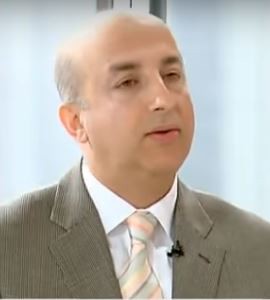 Fadi Abou Mrad, Delegate of Lebanese Society of Neurology:
Fadi Abou Mrad, Delegate of Lebanese Society of Neurology:
“Case-based facilitated Workshop 6: Neuropsychological testing in dementia for non-neuropsychologists” Tuesday, May 31 at 8:30
NPT’s are becoming mandatory in the diagnosis of Dementia and MCI. I belong to a national team working on developing and adapting a full western cognitive battery to endorse the diagnosis and management of cognitive impairment in the country. I find indispensable to attend such a workshop so that I can benefit from the discussion since a similar dialog and findings are not possible in my country due to the lack of Neuropsychologists and the urgent need to develop this field.
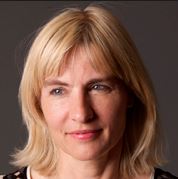 Gitte Moos Knudsen (Speaker at EHF/EAN Topical Symposium):
Gitte Moos Knudsen (Speaker at EHF/EAN Topical Symposium):
“Focused Workshop 13: Sleep and cognition”on Monday, May 30 at 8:30
Sleep and cognition (including attention and memory function) has recently received much attention, due to the observations in preclinical studies of how sleep promotes the clearance of waste substances. The term “glymphatics” has thus been coined and it will be interesting to hear and discuss with the speakers how they think this impacts patients with brain disorders and how affective symptoms also emerge as a consequence of sleep disturbances (the hen or the egg-type of question).
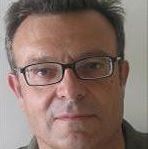 Enrique Terol – European Commission DG SANTE – Unit D2 Health Care Systems:
Enrique Terol – European Commission DG SANTE – Unit D2 Health Care Systems:
“Special Session 8: European reference network” on Tuesday, May 31 at 8:30
European Reference Networks (ERN), which are expected to be operational by 2016, will bring together highly specialised healthcare providers from different EU Member States in areas where expertise is rare.
Establishing ERN (in accordance with Directive 2011/24/EU on the application of patients’ rights in cross-border healthcare) of highly specialised healthcare providers will help, by pooling knowledge and expertise across the EU, to provide affordable, high-quality and cost-effective healthcare to patients with conditions requiring a particular concentration of resources or expertise, and to improve these patients’ access to the best possible expertise and care available in the EU for their condition.
The implementation of ERN is currently one of the most important and innovative cross European cooperative initiatives in health care and the only at EU level with an institutional character and a legal base.
There is a clear European Union added value by working cross border in this field. This innovative approach will allow for the first time ever that all 28 Member states and EEA countries work together in healthcare in form of voluntarily formalised structured networks. The intention is not to create new providers, but rather to link existing highly specialised providers.
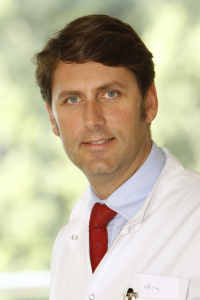 Tim von Oertzen, EAN Website Editor:
Tim von Oertzen, EAN Website Editor:
“Symposium 2; Neurostimulation, what can be achieved in…” on Saturday, May 28 at 10:30
Neuromodulation has emerged in many fields of neurology. It is standard therapy in movement disorders since many years but we have learnt that earlier use of DBS is also making significant impact on patients QoL. Other fields of DBS emerge, such as epilepsy, pain, and psychiatric disorders. Although it hasn’t been as successful as in movement disorders it is still in early phases. There are many different targets, stimulation parameters and diseases in the brain where DBS might be applied. It is a fascinating treatment option with a big potential for the current treatment of our patients and even more for future prospectives.




